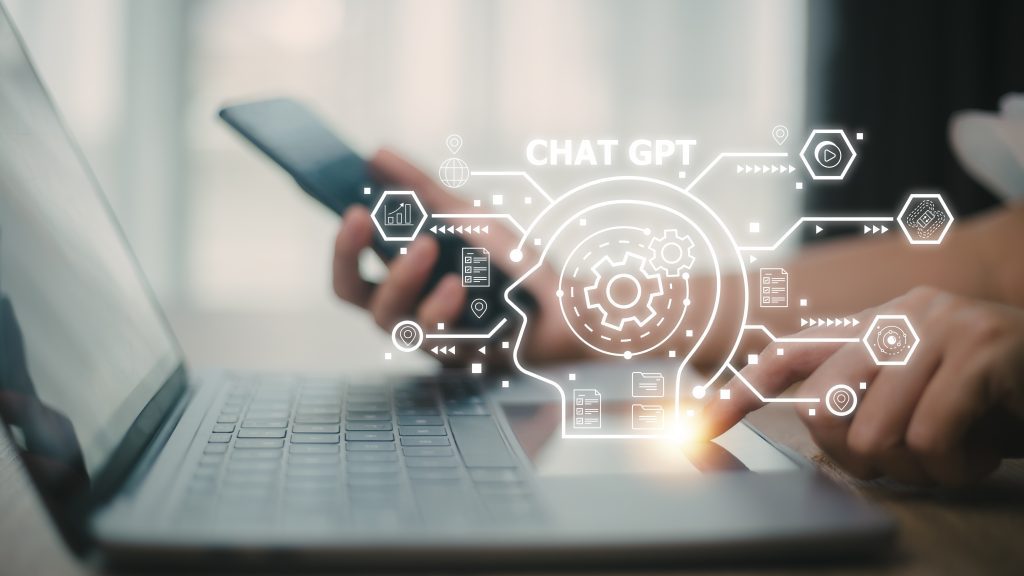
































OpenAI has emphasized the crucial role copyrighted material plays in developing sophisticated AI tools like ChatGPT. With increased scrutiny on AI companies regarding the data utilized for training their models, OpenAI highlighted the impossibility of innovating without access to copyrighted content. Amid legal actions from entities such as the New York Times and authors like George RR Martin, the company argues that contemporary AI models heavily depend on various copyrighted materials, encompassing blog entries, visuals, code snippets, and more.
Addressing the controversy, OpenAI defended its stance, asserting that copyrighted data is indispensable for training modern AI systems. It contended that confining training data to public domain sources would yield substandard AI models. Despite legal disputes and allegations of widespread appropriation, AI firms, including OpenAI, rationalize their use of copyrighted content by invoking the legal doctrine of 'fair use.'
Furthermore, OpenAI voiced its endorsement for independent safety assessments of its AI systems and committed to collaborating with governments on safety evaluations for their most potent models, in line with an accord established at a global safety summit in the UK.
The reliance on copyrighted material for training AI models raises critical ethical, legal, and technological concerns. It impacts the boundaries of fair use, intellectual property rights, and innovation. This issue challenges the development of AI tools and their ability to learn from diverse, real-world data sources. Furthermore, the outcome of legal battles and discussions around this topic could influence the future accessibility, legality, and evolution of AI technology, potentially shaping its capabilities and limitations.
 Tags quentes :
Inteligência artificial
Económico
Legislação e regulamentação
Tags quentes :
Inteligência artificial
Económico
Legislação e regulamentação